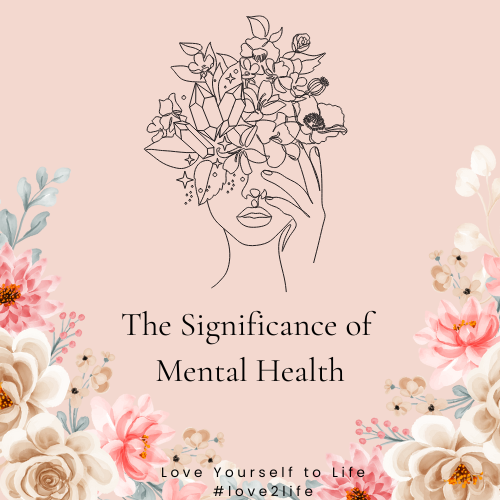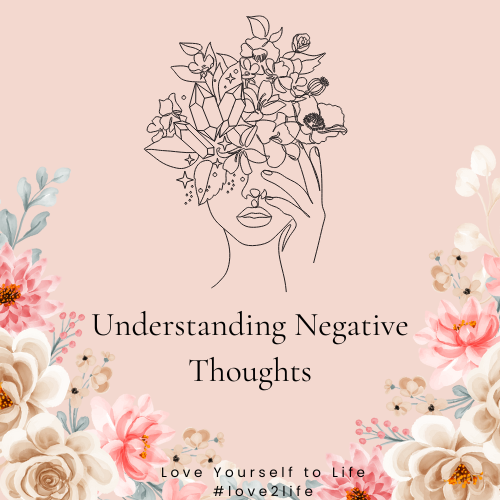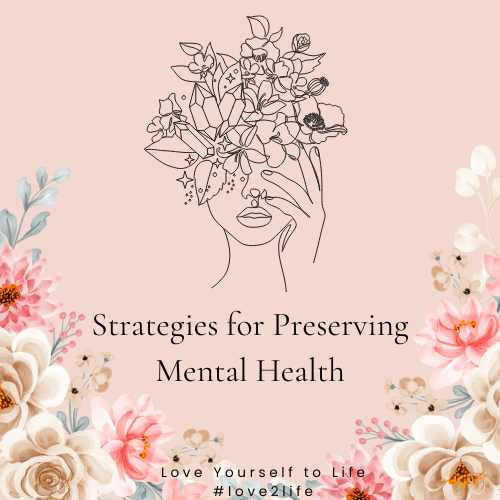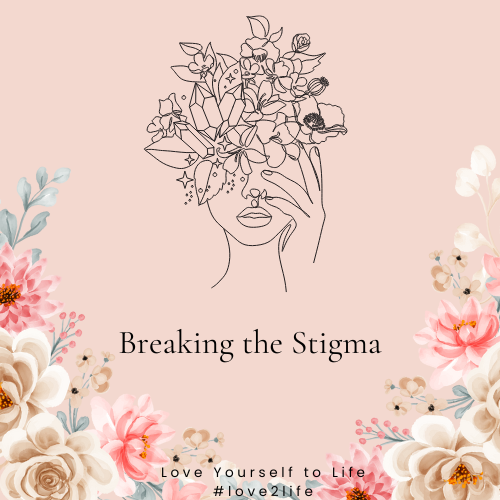Physical health often takes the spotlight and our mental well-being frequently takes a back seat. However, our mental health is just as crucial to our overall quality of life as our physical health. Let’s explore the importance of preserving our mental health and paying attention to negative thoughts. By understanding the facts and adopting practical strategies, we can work towards achieving a healthier, more balanced mindset.
Mental Health Is a Vital Component of Overall Well-being
- Our mental health affects every aspect of our lives, from our relationships and work performance to our physical health.
- Neglecting mental health can lead to a range of issues, including stress, anxiety, depression, and even physical health problems.
Prevalence of Mental Health Challenges
- Mental health issues are widespread, with millions of people worldwide facing various challenges.
- Acknowledging these challenges is the first step toward addressing and improving our mental well-being.
Early Intervention Is Crucial
- Identifying and addressing mental health concerns early can prevent them from worsening.
- Seeking professional help when needed is a proactive step in preserving mental health.
The Impact of Negative Thoughts
- Negative thoughts can be pervasive and damaging, affecting our self-esteem, relationships, and overall outlook on life.
- Recognizing and addressing these thoughts is essential for maintaining mental health.
Types of Negative Thoughts
- Common types of negative thoughts include self-criticism, catastrophizing, and all-or-nothing thinking.
- Identifying these patterns can help us challenge and reframe them.
The Brain’s Negativity Bias
- Evolution has wired our brains to pay more attention to negative thoughts and experiences.
- This bias can make it easier for negative thoughts to dominate our thinking.
Mindfulness and Meditation
- Practicing mindfulness and meditation can help us become more aware of our thoughts and emotions.
- These techniques can reduce stress, anxiety, and rumination.
Cognitive Behavioral Therapy (CBT)
- CBT is an evidence-based approach to managing negative thoughts and improving mental health.
- It involves identifying and challenging distorted thought patterns.
Positive Psychology
- Positive psychology focuses on promoting well-being, happiness, and resilience.
- Embracing gratitude, optimism, and personal strengths can foster a positive mindset.
Self-Care
- Taking care of our physical and emotional needs is essential for mental health.
- Adequate sleep, a balanced diet, exercise, and relaxation techniques all play a role in preserving mental well-being.
- Seeking Help When Needed
- The stigma surrounding mental health can deter individuals from seeking help.
- Normalizing discussions about mental health and treatment options can reduce this stigma.
Therapy and Counseling
- Professional help from therapists and counselors can provide valuable tools and insights for managing negative thoughts and emotions.
- Therapy can be a safe space to explore and address underlying issues.
Supportive Networks
- Building a support network of friends and family who can listen without judgment is crucial.
- Sharing our experiences and seeking support can provide comfort and validation.
Resilience Building
- Resilience is the ability to bounce back from adversity and setbacks.
- Cultivating resilience can help us navigate life’s challenges with a more positive outlook.
Progress, Not Perfection
- It’s important to recognize that preserving mental health is an ongoing journey.
- Small steps and gradual improvements are meaningful achievements.
Our mental health deserves the same care and attention as our physical health. Understanding the importance of mental well-being and acknowledging the impact of negative thoughts is the first step towards a healthier, more balanced mindset. By adopting strategies to preserve our mental health, seeking help when needed, and building resilience, we can lead more fulfilling lives. Remember that it’s okay to seek help and that you are not alone in your journey toward better mental health.
The 988 Suicide & Crisis Lifeline (formerly known as the National Suicide Prevention Lifeline) provides free and confidential emotional support to people in suicidal crisis or emotional distress 24 hours a day, 7 days a week, across the United States. Lifeline Suicide Hotline





